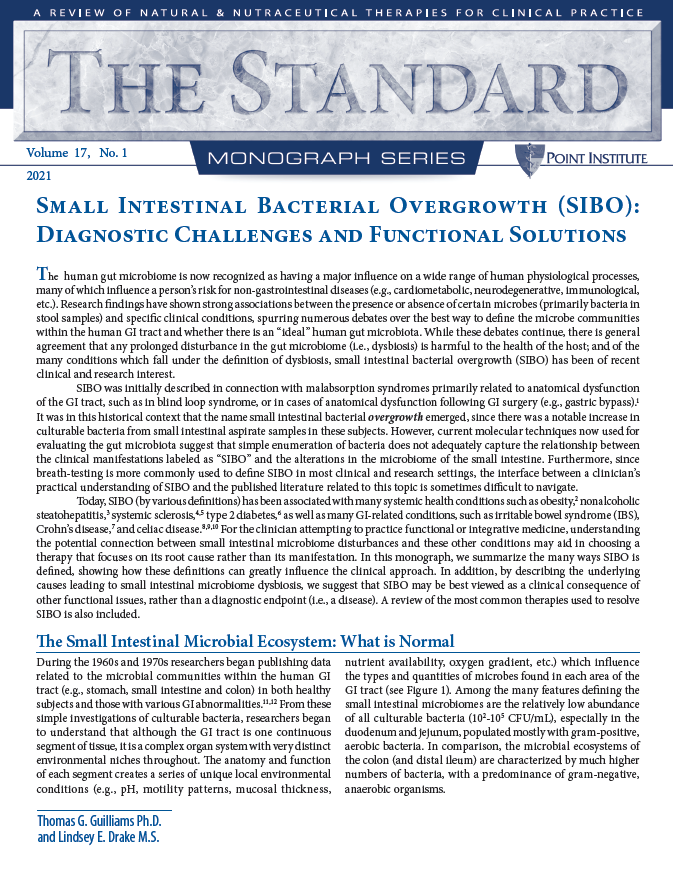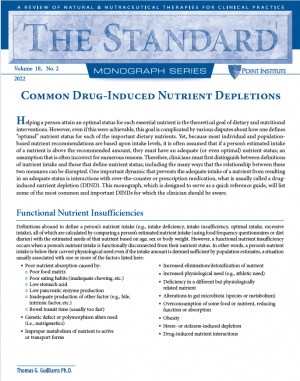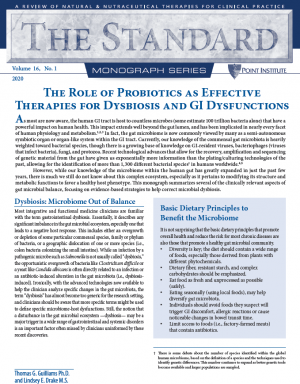Description
The human gut microbiome is now recognized as having a major influence on a wide range of human physiological processes, many of which influence a person’s risk for non-gastrointestinal diseases (e.g., cardiometabolic, neurodegenerative, immunological, etc.). Research findings have shown strong associations between the presence or absence of certain microbes (primarily bacteria in stool samples) and specific clinical conditions, spurring numerous debates over the best way to define the microbe communities within the human GI tract and whether there is an “ideal” human gut microbiota. While these debates continue, there is general agreement that any prolonged disturbance in the gut microbiome (i.e., dysbiosis) is harmful to the health of the host; and of the many conditions which fall under the definition of dysbiosis, small intestinal bacterial overgrowth (SIBO) has been of recent clinical and research interest.
Today, SIBO (by various definitions) has been associated with many systemic health conditions such as obesity, nonalcoholic steatohepatitis, systemic sclerosis, type 2 diabetes, as well as many GI-related conditions, such as irritable bowel syndrome (IBS), Crohn’s disease, and celiac disease. For the clinician attempting to practice functional or integrative medicine, understanding the potential connection between small intestinal microbiome disturbances and these other conditions may aid in choosing a therapy that focuses on its root cause rather than its manifestation. In this monograph, we summarize the many ways SIBO is defined, showing how these definitions can greatly influence the clinical approach. In addition, by describing the underlying causes leading to small intestinal microbiome dysbiosis, we suggest that SIBO may be best viewed as a clinical consequence of other functional issues, rather than a diagnostic endpoint (i.e., a disease). A review of the most common therapies used to resolve SIBO is also included.








